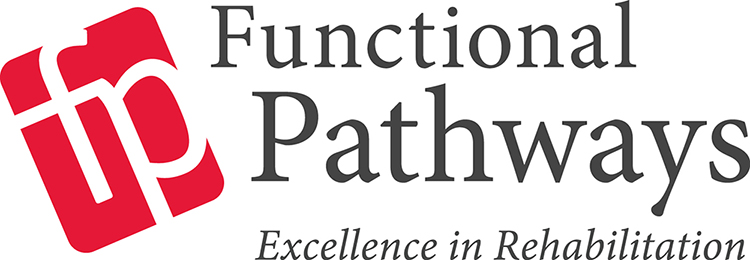As our long term care admissions become more and more acute, the interdisciplinary care team has increased challenges in caring for the resident with comorbidities and diagnoses that can complicate and hinder the care and recovery process. The clinically complex patient has several co-morbidities — medical conditions complicating their overall recovery and medical care. The onset of a new diagnosis, medical event or exacerbation of existing medical diagnoses can complicate and significantly delay the recovery process. There is commonly a cardiopulmonary component that significantly compromises the ability to function normally and return to prior level of independence and lifestyle.
What we see is that the patient will follow a cyclical pattern of exacerbation and recovery in both functional and medical status resulting in the “revolving door” often experienced by long term care facilities in providing needed therapy and nursing services. These are often patients who have multiple nursing needs (e.g., IV’s, respirators, O2, colostomy care, PEG tubes, wounds, dialysis, etc.) and present with co-morbidities such as COPD, CHF, Diabetes, Pneumonia, UTI’s, Renal failure and Sepsis, just to name a few. The many needs of these residents can generate frustration for the nursing/therapy team trying to provide skilled and meaningful services to return the person to their prior level of function. It is crucial that there be processes in place to determine and guide staff in caring for this type of resident — from admission to discharge. Whether it is a Cardiopulmonary or Orthopedic Clinical Pathway or other key diagnosis education and training must be provided to all caregiving staff so that there is a clear understanding of the approach to recovery. A good process will ensure optimal outcome for the resident and drive excellent outcomes, decreasing potential re-hospitalizations.
The Therapy team is an important part of the Clinical Process. In order to fully meet the functional needs of the clinically complex patient Functional Pathways therapists will:
- Identify subtle declines and functional deficits
- Identify underlying impairments
- Select and develop appropriate treatment plans and safe interventions
- Use a variety of therapeutic techniques to reduce the functional deficit(s)
- Expertly train caregiving staff, family and the patient in compensatory strategies
- Provide health education to patient and caregivers to reduce the potential for re-hospitalization and increase awareness of symptoms
As with all programs and processes put in place to address care and recovery for long term care residents we must work as an interdisciplinary team and communicate effectively to bring about optimal outcomes and promote quality of life.
Cherie Rowell, COTA/L
Director of Clinical services
Functional Pathways

Comments (0)